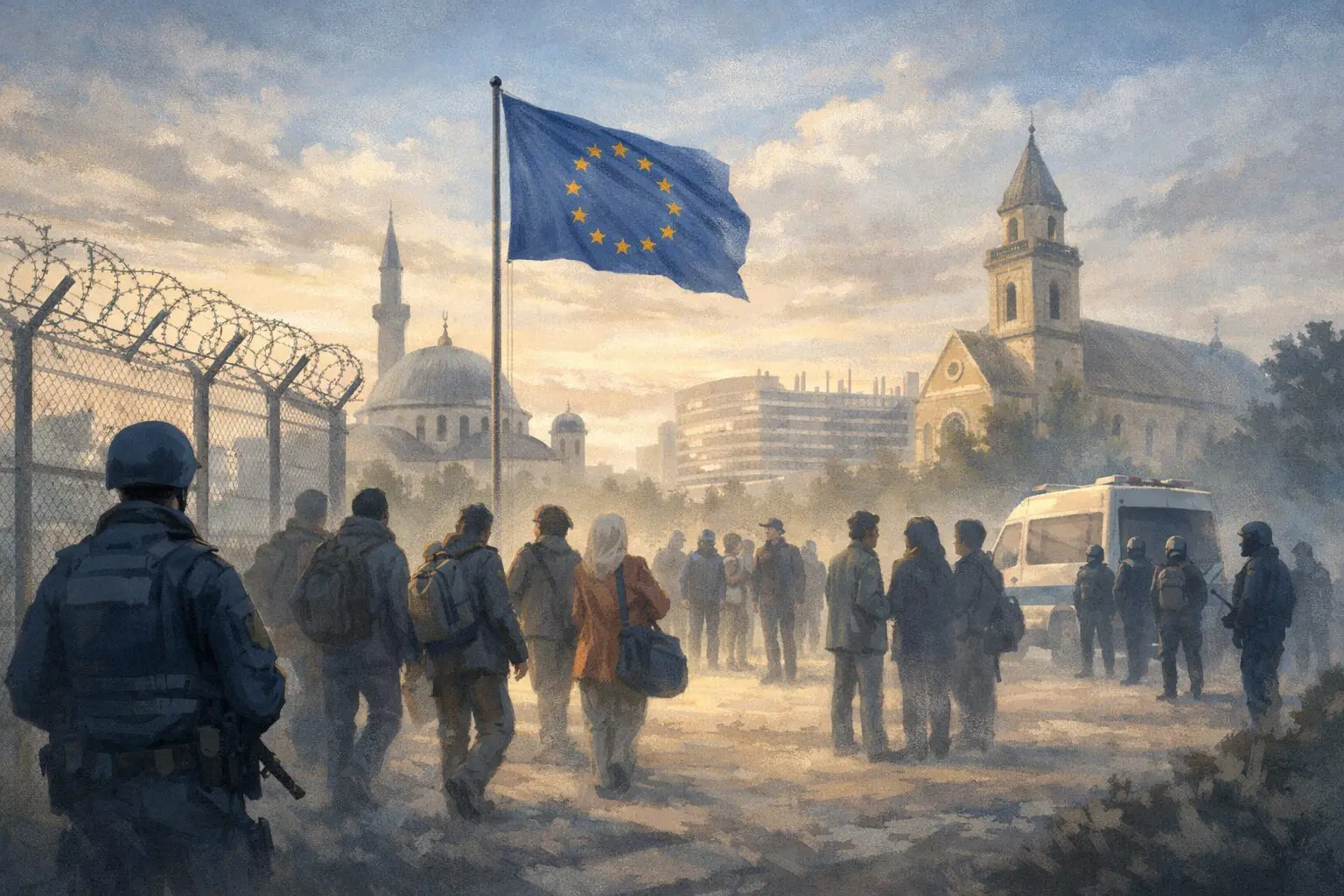“We extend our heartfelt support and solidarity to the hundreds of thousands affected by Freddy, the longest-lasting tropical cyclone ever recorded in the southern hemisphere,” the UN-appointed human rights experts said in a statement.
“The cyclone has had a devastating toll on people across 14 districts – nearly half the country – causing loss of lives, destruction of homes, livelihoods and infrastructure,” they said.
“Cyclone Freddy submerged and washed away hundreds of thousands of hectares of crops, leaving more than half a million people displaced and sheltered in camps across flood-affected areas,” the Special Rapporteurs added.
Humanitarian partners load relief items into vehicles to distribute them to different sites for the internally displaced people in Mulanje District, Malawi.
Hundreds still missing
Difficult weather conditions continue to hinder search and rescue operations in areas only accessible via air, while other regions remain impossible to reach because of flooding and landslides.
Hundreds remain missing and authorities anticipate that numbers will likely increase. The cyclone has further compromised communities already struggling with the spread of cholera, in addition to straining an already precarious health sector.
“The disaster has left an estimated 1.1 million people in dire need of urgent humanitarian support with the most immediate needs being shelter, food, clean water, sanitation and hygiene, health, and safety,” the experts said.
They added that protecting the most vulnerable internally displaced persons in sites and ensuring timely and adequate access to food and healthcare was paramount, “including by the provision of sexual and reproductive health care and protection services for women and girls, unaccompanied and separated children, LGBTI persons, people with disabilities and older persons, without discrimination”.
Resilience in the face of the disaster
The Human Rights Council-mandated experts commended the Government and the people of Malawi for their strength and resilience in the face of disaster.
“We hope that affected communities can contribute their traditional knowledge and valuable perspectives in the design of programmatic responses, disaster risk reduction strategies and durable solutions,” the human right experts said. “The rights and dignity of affected populations must be respected in the recovery, rehabilitation and reconstruction in the aftermath.
Supporting the people
The experts called for an expansion in humanitarian aid, in addition to a boost in the number of development partners, businesses, and financial institutions prepared to partner with the Government of Malawi to mitigate the impact on affected communities.
“Malawi needs to develop durable solutions to avert, minimise and address disaster displacement through climate adaptation measures, preparedness and disaster risk reduction,” they said.
“Despite contributing little to the problem, Malawi is facing the impacts of climate change. We call on big emitter States, who are disproportionately responsible for the climate crisis, to make drastic cuts to their emissions, and scale up finance for adaptation and loss and damage,” they said.
Special Rapporteurs are appointed by the UN Human Rights Council, which is based in Geneva. These independent experts are mandated to monitor and report on specific thematic issues or country situations. They are not UN staff and do not receive any compensation for their work.





